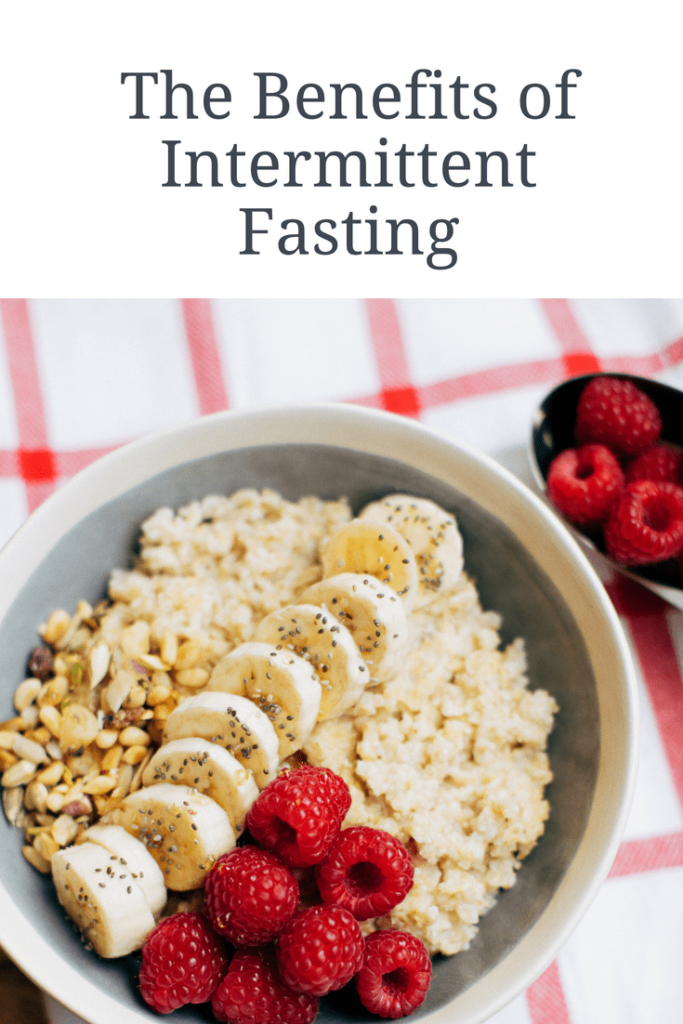When you tell people that you are fasting, the immediate response is that you’re fasting for weight loss. Yes, weight loss can happen, since the window in which you are consuming calories is shortened; however, there are so many more benefits to intermittent fasting (IF) that are important to your overall health. One being improved gut health (which is SO important to me!). Just as sleep reenergizes your body’s cells and heals the heart (among so many other benefits!), it makes sense that rest for your digestive tract, would also have healing affects for your gut.
Before we get into exactly why intermittent fasting is healing, what exactly is it?
What is intermittent fasting?
Intermittent fasting is a cycle or pattern between fasting for a certain period of time and then not-fasting for a defined set of time. There are several different options that people tend to follow when intermittent fasting:
A) 16/8 Method: Fast for 16 hours and consume food within an 8 hour window. Typically, people tend to have an earlier dinner, skip the late night snacking, skip the morning breakfast and resume eating food around noon the following day. Do whatever works best for your schedule and lifestyle!
B) 5/2 Diet: Fast for 2 (can be non-consecutive) days and eat regularly for the remaining 5 days. On the 2 days of fasting, restrict your calories to about 25% of what you would normally consume.
C) Skip a Meal: This one is the least amount of effort. If you’re a regular 3 meals a day (plus snacks) type of person and need to ease into fasting, this might be the best first approach.
D) Eat When You’re Hungry: This one is self explanatory but will require you to really understand your body-mind connection with food. Are you eating out of hunger or boredom/stress/etc? Once you can differentiate between the two, this is a solid, easy approach.
I prefer more structure when I’m fasting (I like guidelines to follow!), so I have been trying the 16/8 method the past few weeks.
Now…
How can intermittent fasting heal your gut?
Studies have been done that show that eliminating late night eating and prolonging fasting periods, can improve the microbiome in your gut. Modified fasting approaches can also help improve your metabolic health.
Why exactly is your gut microbiome important?
Typically when you suffer from gut health issues (like me, as I have an autoimmune disease called Ulcerative Colitis), there is less diversity in your gut. However, a healthy gut will have an abundance in diversity.
This study shows that when patients who were overweight and underwent even a short-term fasting program, there was an increase in the diversity of their microbiome. Along with fasting for these patients, they also included a probiotic supplement into their routine. Incorporating probiotics into your daily routine is another good way to help heal inflammation and increase the happiness of your gut.
If you’re new to intermittent fasting, I would suggest easing into it. Perhaps try skipping a meal once, and then moving on into a 16/8 type of cadence. You don’t need to do this every single day – it can be tough! But even by doing this a few times a week (I’ve been doing it about 4 times), the 16 hour fast window is easier to manage and it still provides healing for your gut.
If you’ve tried IF and have any strategies, please share below!


























show comments